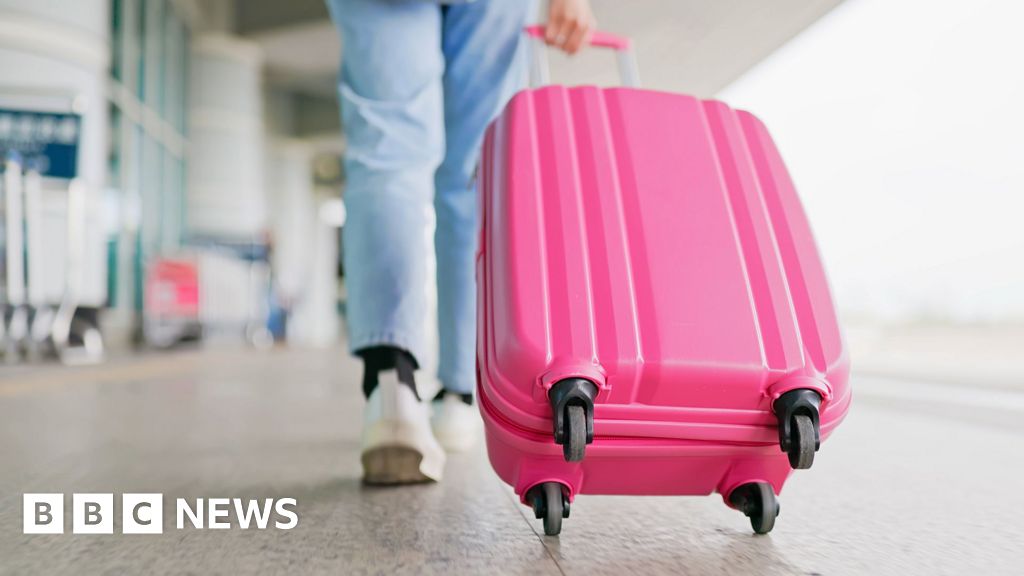ARTICLE AD BOX
By Beth Timmins
Business reporter, BBC News
Image source, Reuters
Image caption,Russian gas flows through pipelines across eastern and central Europe
Canadian Prime Minister Justin Trudeau has announced a ban on Russian oil imports following the country's invasion of Ukraine.
Mr Trudeau said oil revenues have helped to prop up President Vladimir Putin and Russian oligarchs.
Coordinated Western sanctions against Russia have targeted its banks but still accept its oil and gas exports.
Unlike Europe, Canada is not heavily reliant on Russia's oil exports.
"While Canada has imported very little amounts in recent years, this measure sends a powerful message," Mr Trudeau told a news conference.
Canada imported just C$289m (£170m) worth of energy products in 2021, according to Statistics Canada.
Canada is the world's fourth largest producer of oil.
Europe, however, is far more reliant on Russia's supplies. A quarter of the European Union's petroleum oil imports come from Russia and about 40% of the EU's natural gas imports.
Refusing to buy its oil and gas would be a very tough sanction from European countries, but policymakers have so far been reluctant to take that step, worried about the impact on energy prices in their own countries.
The price of Brent crude rose by 4.6% to $102 barrel on Monday after Western nations imposed new sanctions on Russia - one of the world's largest energy producers.
While the UK gets most of its imports from Norway and the US, fuel prices in the UK still hit record highs on Monday as the impact of Russia's invasion affected global energy markets.
Russian oil and gas exports make up a fifth of Russia's economy and half of its earnings from exports. The country is the European Union's biggest oil trading partner, according to the latest data from Eurostat.
Western nations announced at the weekend that they would impose sanctions on Russia's central bank to prevent it from selling its vast reserves to prop up its own banks and companies.
Russia's central bank has build up $630bn in reserves.
The White House press secretary Jen Psaki also said that sanctions targeting Russia's energy sector remain on the table.
On Saturday, the EU, the US, the UK and other allies also announced that some Russian banks would be banned from Swift, an international payment system.
Swift is the global financial artery that allows the smooth and rapid transfer of money across borders.
Banning Russia from using Swift will, for example, hit payments for its key energy and agricultural products.

 3 years ago
74
3 years ago
74








 English (US) ·
English (US) ·